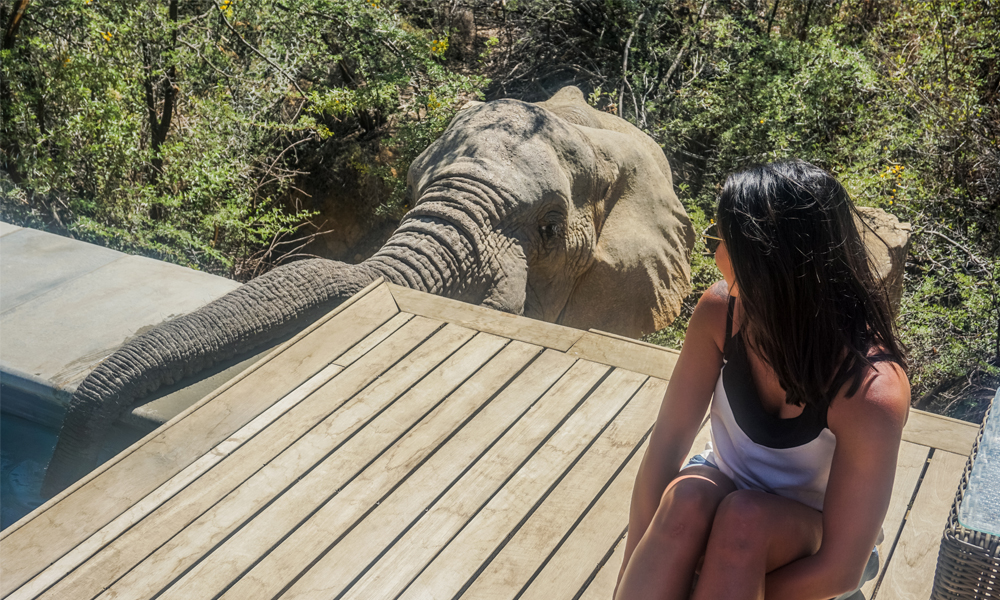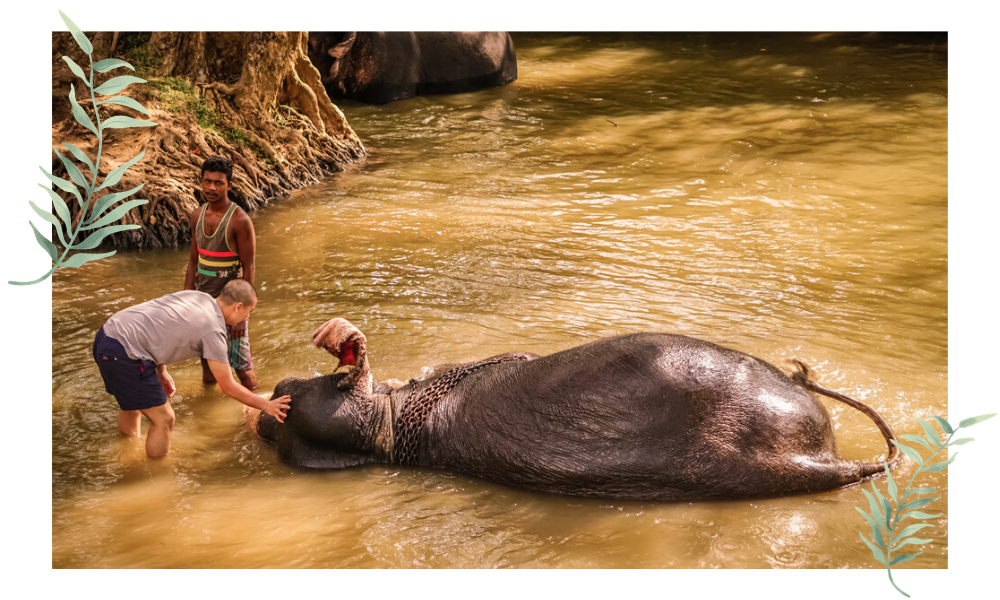
10 Easy Ways To Switch To Sustainable Travel
Travel has changed massively over the last decade, or even two, and it’s becoming less of a luxury and more and more accessible to everyone.
Airlines are constantly promoting deals and tour operators always coming up with new tours. This has led to mass tourism in many places and along with global warming and other environmental factors, the world is slowly in need of more tender loving care. Us travellers can make a huge difference if we know how to do it right, as long as we educate ourselves and are conscious of our actions.
Us travellers can make a huge difference if we know how to do it right, as long as we educate ourselves and are conscious of our actions.
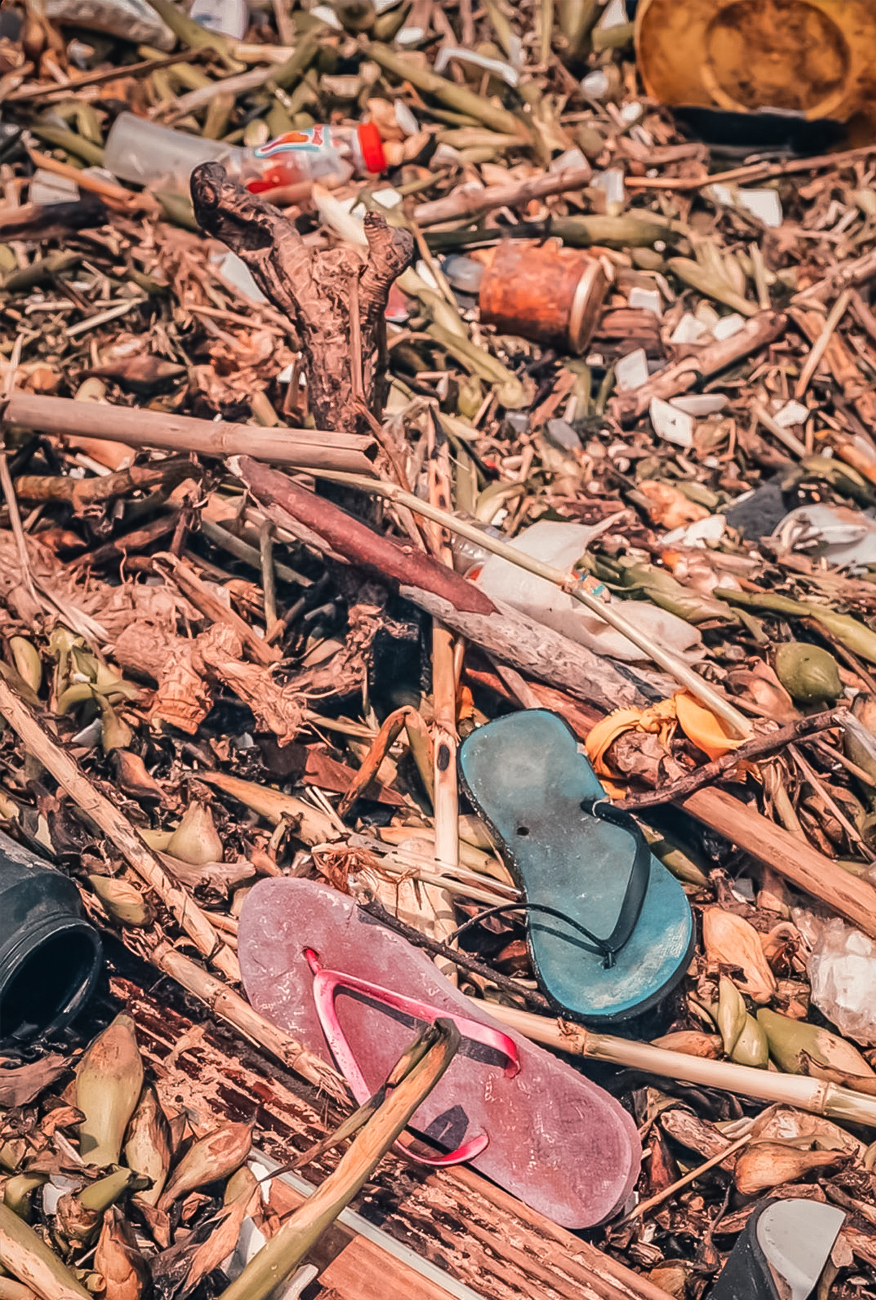
Spend 10 minutes of your day picking up litter at the beach
By adopting a style of tourism that is eco-friendly, we’re able to minimise the negative impact on our environment. It’s all about consuming the right way but also giving back, because realistically, we are not going to stop travelling so the best we can do is help out whenever we can.
If you love animals, nature or simply would like to contribute towards looking after the earth, here are 10 easy ways to switch to sustainable travel and you can start from today, without even leaving your home!
01
It all starts from home
The first simple step doesn't even require you to have a flight booked! It's an action to living consciously.</p>
<p>By ensuring you're recycling, minimising waste such as water and food, and switching the lights off when you leave the room, you're training yourself to pick up good habits which you'll subconsciously use on your travels and the rest of your daily life. Italy has become the first country to teach kids about climate change in school, which is a huge step because these kids will be able to grow up with the mentality of being sustainable and having more care for the environment.
02
Say no to single use plastic
The easiest switch is to not buy any plastic bottles or plastic straws. Nowadays there are so many different options for one single product so it's not hard to find an alternative.</p>
<p>More and more companies are starting to scrap plastic and using bamboo and other sustainable materials, some getting as creative as using recycled plastic from the beach to make bikinis! Plastic can take up to 1000 years to decompose and tonnes of it has been found in the stomachs of marine life and land animals.</p>
<p>It helps if you make a list of all of your travel products (or products you use in your day to day life) and find out which ones are plastic. You'll be surprised at how many you've got! A simple Google search will lead you to many plastic free alternatives and you can start your journey from here.
03
Minimise your flight time
Planes are among one of the most polluting means of transport, but as lovers of travel we don't have too many options if we plan on getting to the other side of the world. Opting for a flight that promotes less CO2 is a start. Direct flights are also more eco-friendly because the plane uses a lot of it's fuel when it takes off and lands, so by minimising the amount of times you take off you'll decrease your carbon footprint by an average of 25%. There are also options for taking trains for long distances. A tip would be to stay on an overnight train so you'll wake up in your new destination feeling fresh plus you would have saved on spending money on a night's accommodation! Or why not plan a road trip with a fully electric car? There are some epic roads trips you can explore, all by doing it sustainably!
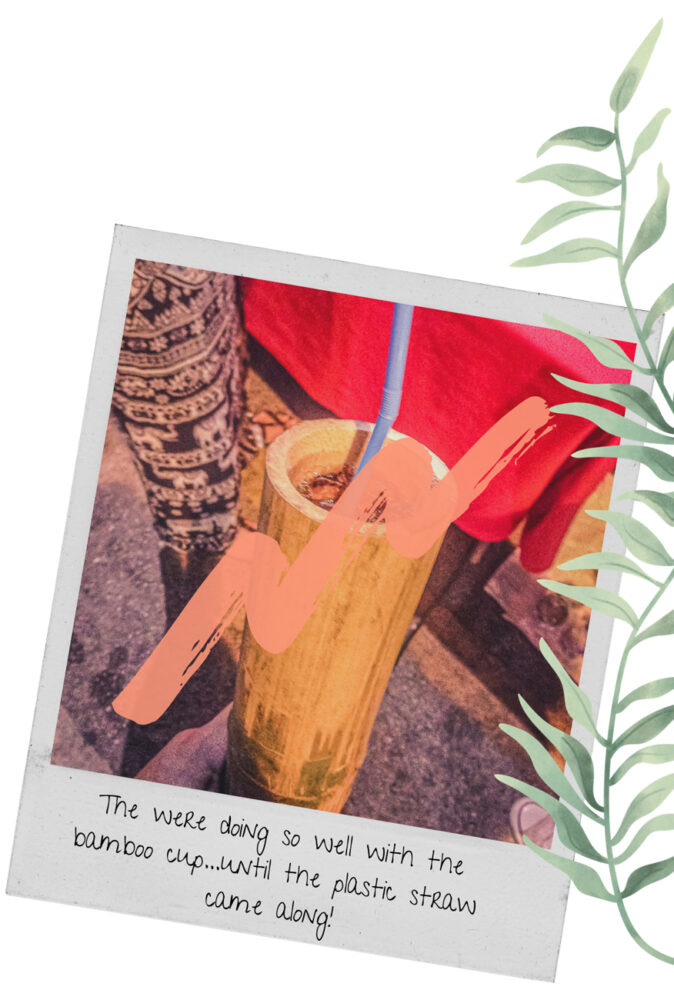
04
Beware of mass tourism
The internet these days is flooded with pictures of beautiful destinations waiting for you to visit. It's hard to resist something if you see so many people out there having a good time and it's only natural you'd want a slice of that too! However, mass tourism can ruin landscapes, as some areas suffer from deforestation due to large hotels being built. This will also affect the natural wildlife and can cause them to be extinct. Mass tourism can also damage archeological sites, which is why Machu Picchu now have a new system where you have to book in advance to avoid large crowds and control the number of visitors per year. Before you book a trip, do some research on the destination and find out if it has suffered from any negative impact due to tourism. There are so many unspoiled places in the world, why go somewhere that everyone has been to when you could potentially have the whole place to yourself without any other tourists?? You could also check when the shoulder season is. You'll usually get less crowds during this time and the flights tend to be cheaper.
05
Support the local community
This is one of the ways of giving back and applies to accommodation, food, tours and shopping. Homestays are one of the best ways of getting to know the locals, discovering how they live and even learning the language. You'll stay in a family home and most of the time they'll cook you delicious dinner and are happy to spend time with you as if you were their family. Another option for accommodation is eco lodges. These are built with sustainability in mind and usually have great waste systems, are built with locally sourced materials and have excellent energy efficient solutions for powering the lodge. Buying local authentic food gives you a chance to try new dishes and explore different cultures, the way they eat and their dining customs. Also, if you do book tours, make sure it's a sustainable company and are able to reduce their negative impact with travel. Buying souvenirs is also important because usually these are skills and traditions that have been passed down for years and the locals use this as their main income. Just make sure that it has actually been made by them and hasn't been shipped over internationally.
06
Look for ways to give back
There are many volunteer programmes or non-profit organisations that will be willing to take you on for a few days, weeks or even months. In return they usually provide food and accommodation. Some can be quite expensive so it may be best to find one when you get there, introduce yourself and ask if you're able to help out for a few hours. You can also take part in beach cleanups and picking up litter. If you do visit local communities, go to a local supermarket first to buy them some food and items the can use in school. It's helpful to also give them money but we learnt if you give money to children on the streets, they may see this as an easy way to make an income and are more likely to skip school. Bring them something useful where they can learn a new skill.
07
Respect local cultures and traditions
Sometimes you may go to a country that is completely different to yours and experience a culture shock. Before you panic, make sure you research any religious beliefs they may have there or other traditional customs. This may influence your packing before you even leave and you may need to include some clothes that are slightly more conservative than your usual summer outfits. We've been to a few temples where we've been turned away because we didn't have anything to cover our shoulders and thought we could casually walk in!
Eco Tip 03: Fast fashion is on the rise, and picking a brand with eco conscious manufacturing methods and sustainably sourced materials can make all the difference
08
Always be aware of animal exploitation
You've probably seen this everywhere by now, but certain countries are still drugging their animals for the sake of tourist visits. Certain developing countries still have no regulations on how animals are treated and their big business requires tourists paying a fee to ride and elephant or stroking a half asleep tiger. This will only stop once us travellers stop encouraging this behaviour. If you want to incorporate wildlife into your trip, look for an ethical safari or a walking tour through a national park. Animal sanctuaries are also interesting for seeing wildlife up close but be careful on who calls themselves an 'animal sanctuary' when really they've just got animals in captivity and pretending to take care of them.
09
Learn and educate
Part of travelling is learning as you go, making mistakes and spreading knowledge to others. Be open to listening to others, making new decisions and make an effort to learn the basics of the language. When posting pictures online, be careful of what you post and try to use it as a way to educate and inspire other travellers to travel sustainably.
10
Offset your CO2
Everything you do on a daily basis contributes to your carbon footprint, whether it's the food you eat, clothes you buy or your mode of transport. Use this calculator to work out your carbon footprint, then look for ways in which you can offset this by giving back to some carbon footprint projects which help the environment or local communities.
Learn more in related article: How to Find A Sustainable Tour Operator
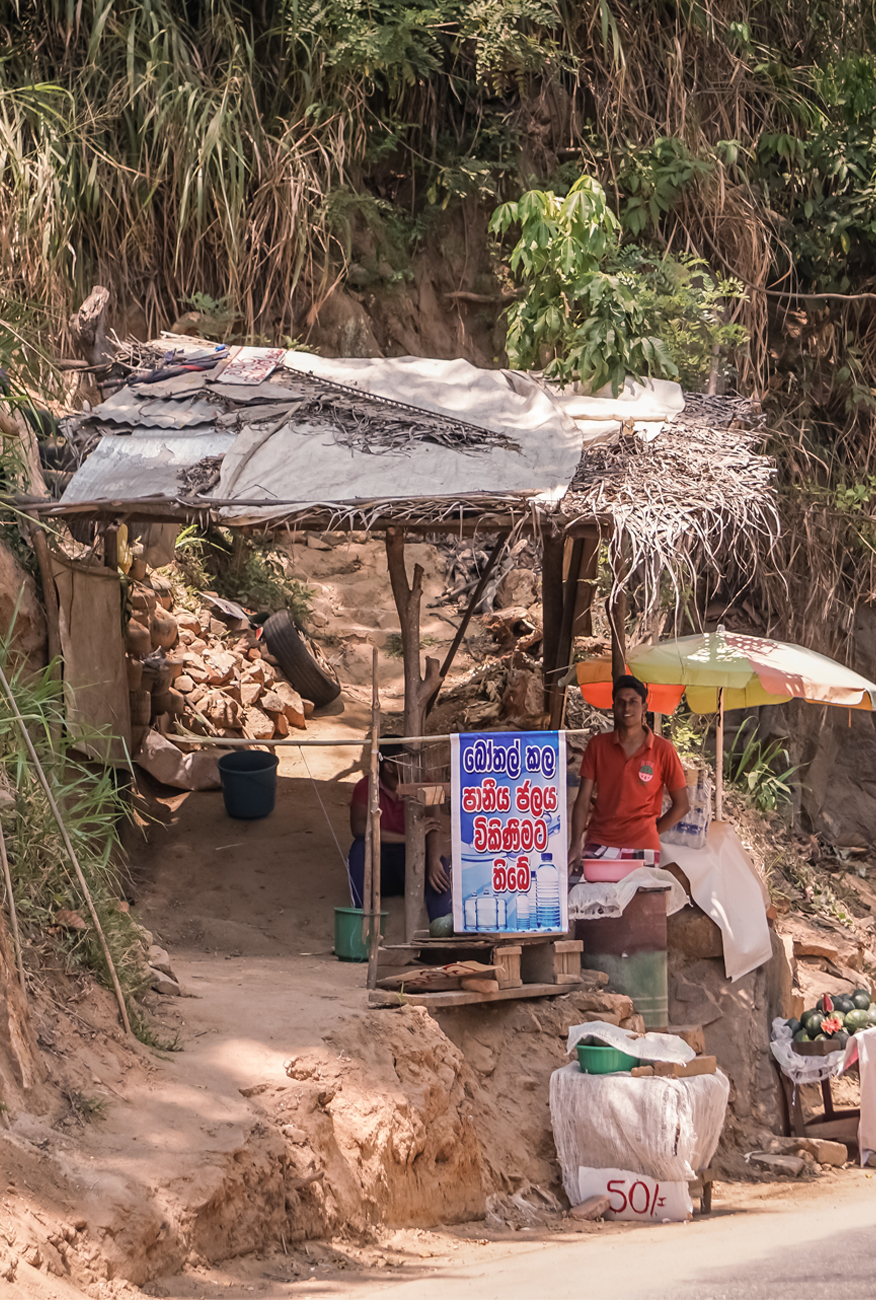
Grab some fruit from a local stall on the side of the road!
Use these simple hacks while you’re travelling but we’d recommend not doing them all at once. Travel can be stressful at times and doing something you’re not used to can throw you off guard and may be harder to manage.
These tips can be applied to your everyday life too, so why not start singling out one tip day by day, working on that until you feel comfortable then it will soon come natural to you!
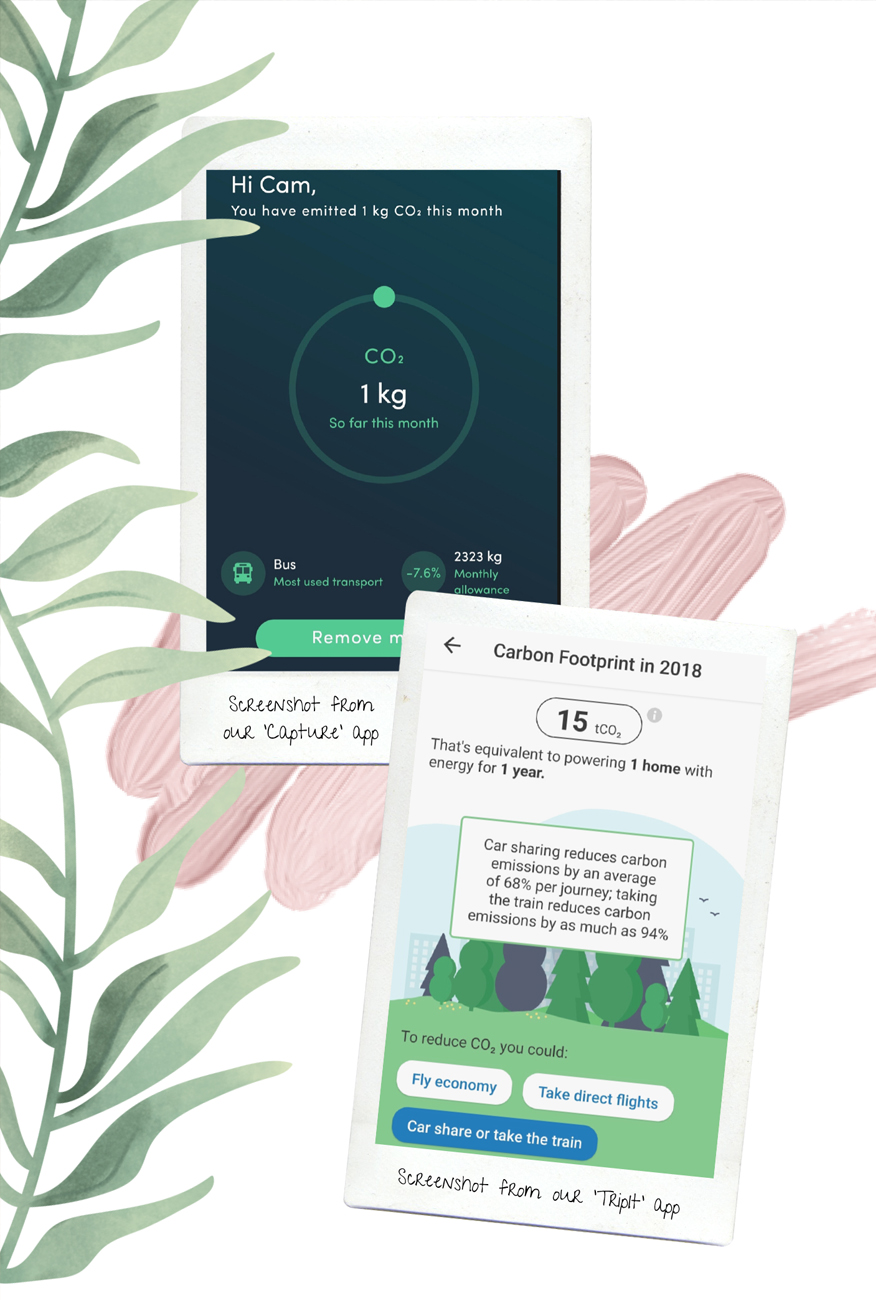
Comment below if you’ve managed to use any of these sustainable hacks during your trip or at home, i’d love to know!




